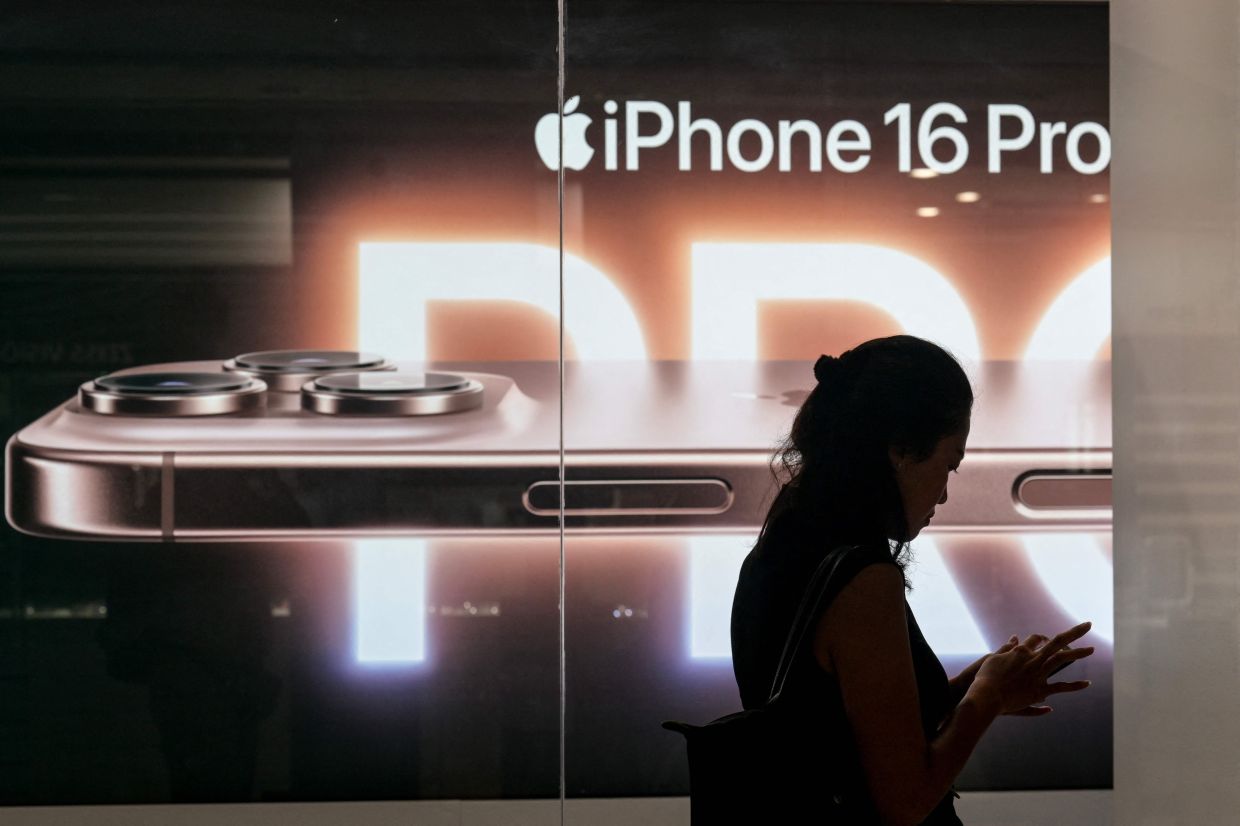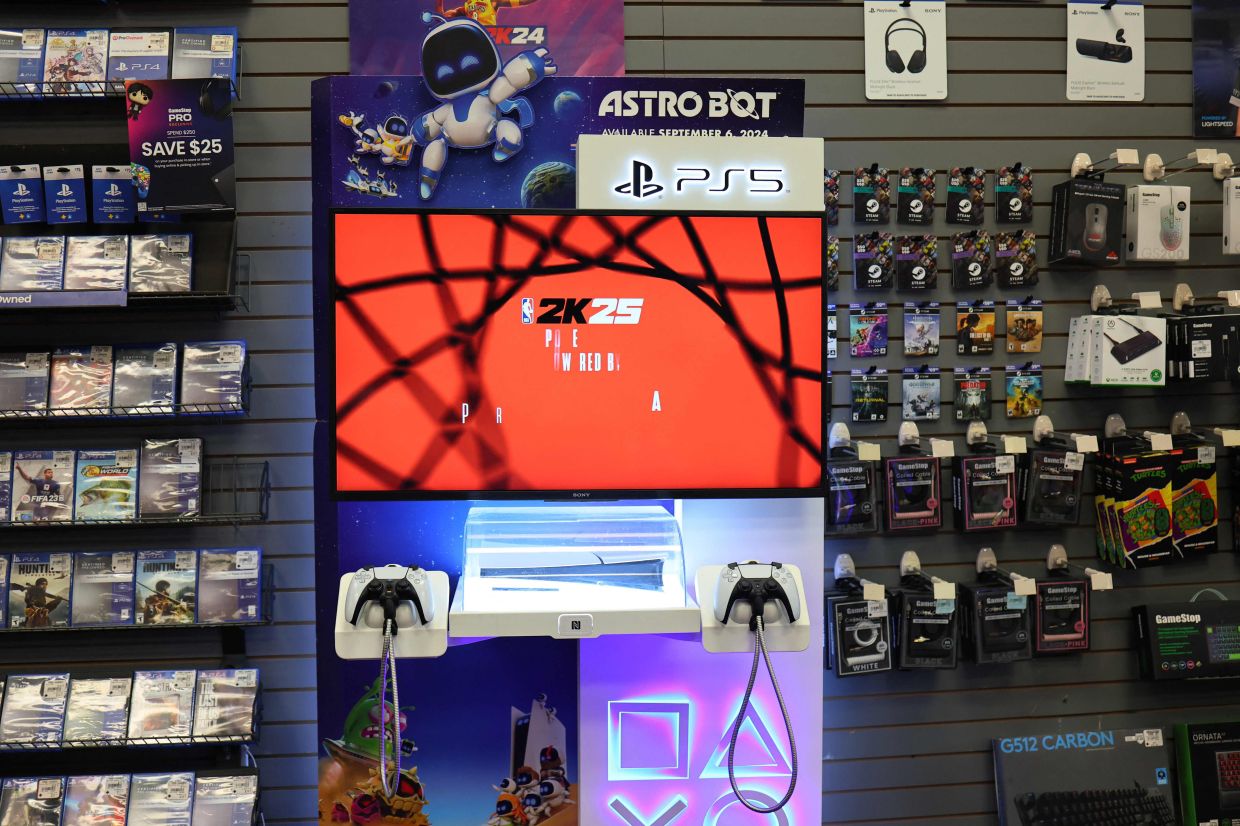
There’s another tweet floating around touting a different AI program that can seamlessly change an actor’s dialogue — from the use of a profanity to something more family friendly: 'This is mind blowing technology. Generative AI will completely change how films are made.' — Photo by De'Andre Bush on Unsplash
The artificial intelligence text generator ChatGPT has been the subject of debate recently, but let’s take the AI conversation a step further, to Hollywood. More and more, I’m seeing examples of manipulated performances pop up on social media — altering an actor’s gaze or the words they’re saying — and it’s being presented with unmitigated enthusiasm.
Maybe the folks behind some of those posts have a vested interest in seeing AI technology become the norm. Expected. But where’s the scepticism? Where’s the wariness?
Save 30% and win Bosch appliances! More Info










































